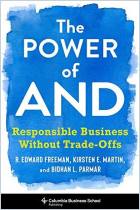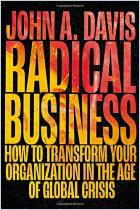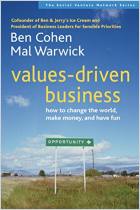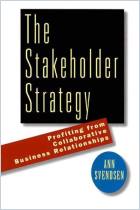
Recommendation
Good business leaders know they can help their firms succeed by connecting to their communities and by improving their relationships with employees, suppliers and customers. Yet, many executives still make the grave mistake of focusing solely on their shareholders and bankers, ignoring other important stakeholders. R. Edward Freeman, Jeffrey S. Harrison and Andrew C. Wicks provide new thinking and techniques to help you best manage stakeholder relationships and boost your firm’s success. They offer practical advice for balancing the needs of your financiers with those of other stakeholders. getAbstract recommends this book to all managers and business thinkers. Board members and other professionals who want to understand their new roles and responsibilities in the globalized world of commerce will also value the authors’ take on business ethics.
Summary
About the Authors
R. Edward Freeman is the Elis and Signe Olsson Professor of Business Administration at the University of Virginia. Andrew C. Wicks is co-chair of the university’s Olsson Center. Jeffrey S. Harrison is the W. David Robbins Chair in Strategic Management, University of Richmond.




















Comment on this summary or Démarrer une discussion